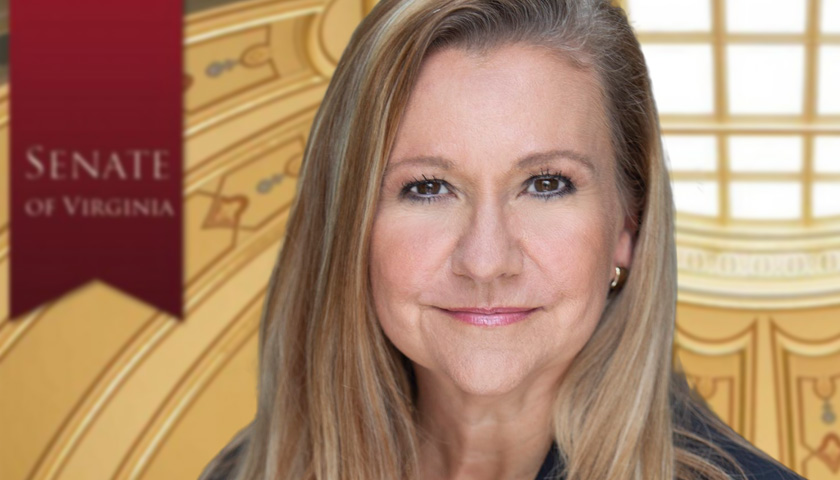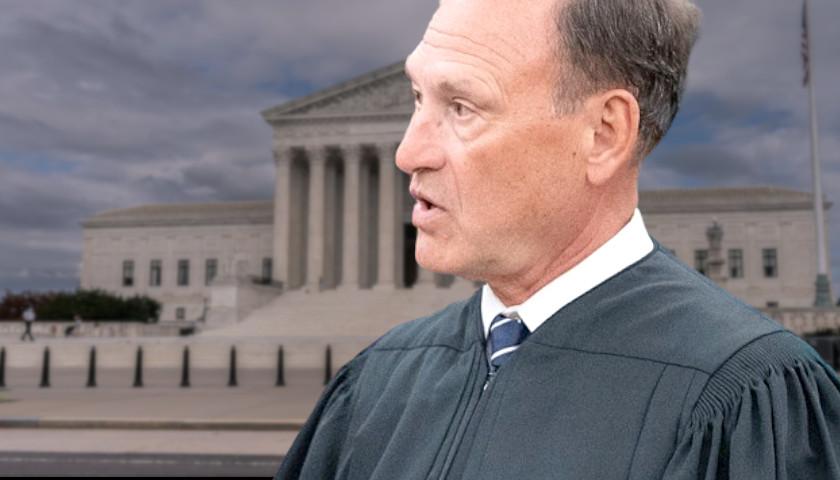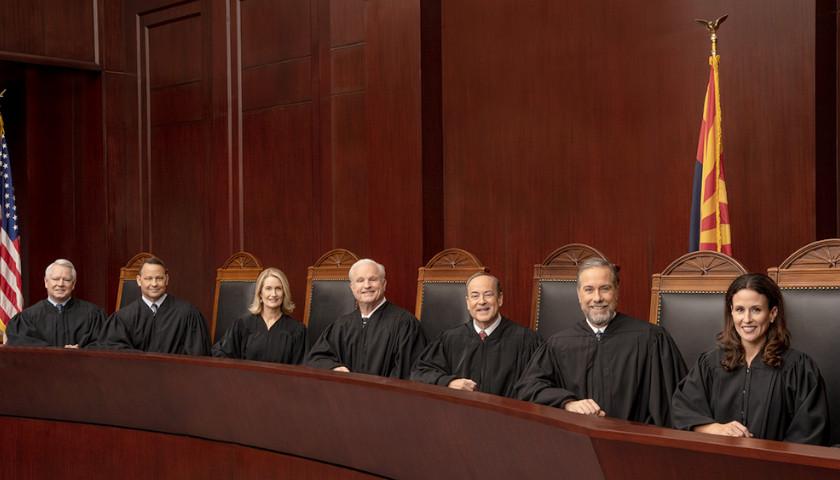A federal court heard a motion to dismiss Senator Amanda Chase’s (R-Chesterfield) lawsuit over censure on Thursday. The arguments took hours, and the judge said he would take some time to consider the motion before issuing a ruling on whether the suit can go forward, according to an update from Chase and her lawyer Tim Anderson.
The motion to dismiss argues that censure is a political question outside the jurisdiction of the court, and that the defendants — the Senate and Senate Clerk Susan Schaar — have sovereign immunity. However, Anderson argued that Chase was censured for things she had said, making the censure a violation of her First Amendment rights.
“It was a very good day for you to be able to be up there, and to have somebody say what you did wasn’t wrong. What you did was free speech. And free speech, you don’t have to agree with anything you said, but it’s protected under the First Amendment, and we’ve got to stand up for that,” Anderson told Chase in the video update.
“Federal courts have consistently concluded that challenges to the internal procedures of legislative chambers raise nonjusticiable political questions,” states part of the motion to dismiss filed by the Attorney General and the Solicitor General.
Later, the motion quotes previous legal cases, arguing, “A federal court’s decision to second-guess a state legislature’s judgment about whether and how to internally discipline one of its own members would exhibit a profound ‘lack of . . . respect,’ by ‘an unelected, unrepresentative judiciary’ for the internal governance decisions of the elected members of a branch of state government.”
Anderson argued against dismissing the case on those grounds.
In the update video, he said, “At the end I was like, ‘Where are we supposed to go?’ Where do we complain about an alleged First Amendment violation if we can’t do it here, we can’t do it in the state court, where do you get relief?”
Censure Background
The first draft of the censure resolution focused on Chase’s address of the January 6 crowd at the U.S. Capitol, the same day as the deadly riots. But in response to concerns that the draft resolution was focused on free speech, seven more instances of “unacceptable conduct” were added, including berating an on-duty Virginia Capitol police officer, publishing details on social media about legislators from both parties, asserting claims of a stolen election, undermining the seriousness of COVID-19, and calling the Virginia Democratic Party “racist to the core.”
But the centerpiece of the censure remained focused on Chase’s actions on January 6.
On January 27, the updated resolution to censure Chase passed with bipartisan support from three Republican Senators including Minority Leader Thomas Norment (R-James City.) An additional six Republican Senators chose not to vote, according to data from the Virginia Public Access Project. The resolution placed Chase last in seniority in the Senate. As a result, on the Senate floor, Chase is now formally called “the junior Senator from Chesterfield,” like a newly-elected senator.
In her complaint, Chase argued that the censure negatively affects her standing as a legislator, harms her campaign for governor, and said that the censure caused “substantial mental anguish, tarnished reputation.”
The vote came a week after Chase was stripped of her last committee assignment, the Local Government Committee. Chase had already left the Republican Senate Caucus in 2019, over concerns about Norment’s leadership, leading her to lose three committee seats and seniority in 2020, according to Virginia Business. Combining the censure with the loss of committee assignments is a significant loss of prestige and practical power within the legislature. Although Chase can still introduce legislation and vote on bill passage, committees are where fine details of legislation are hammered out and where legislators can develop specialties.
– – –
Eric Burk is a reporter at The Virginia Star and the Star News Digital Network. Email tips to [email protected].





